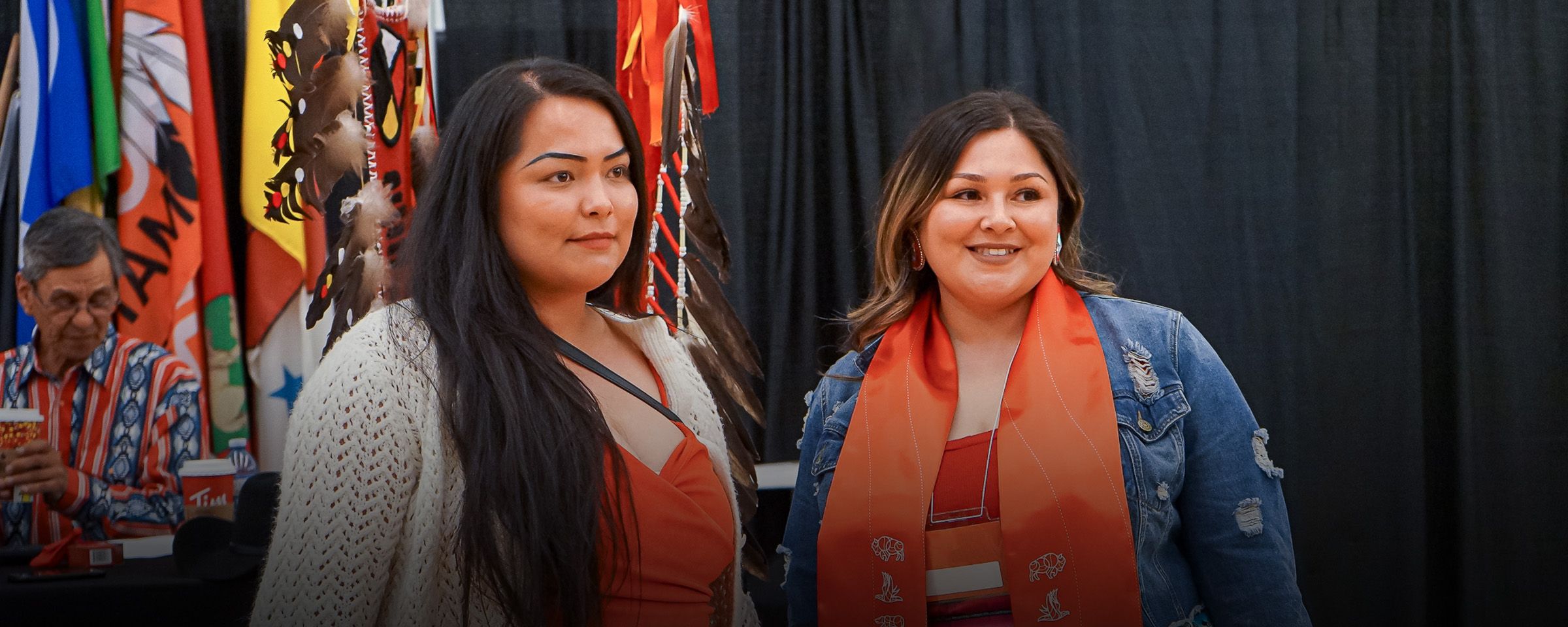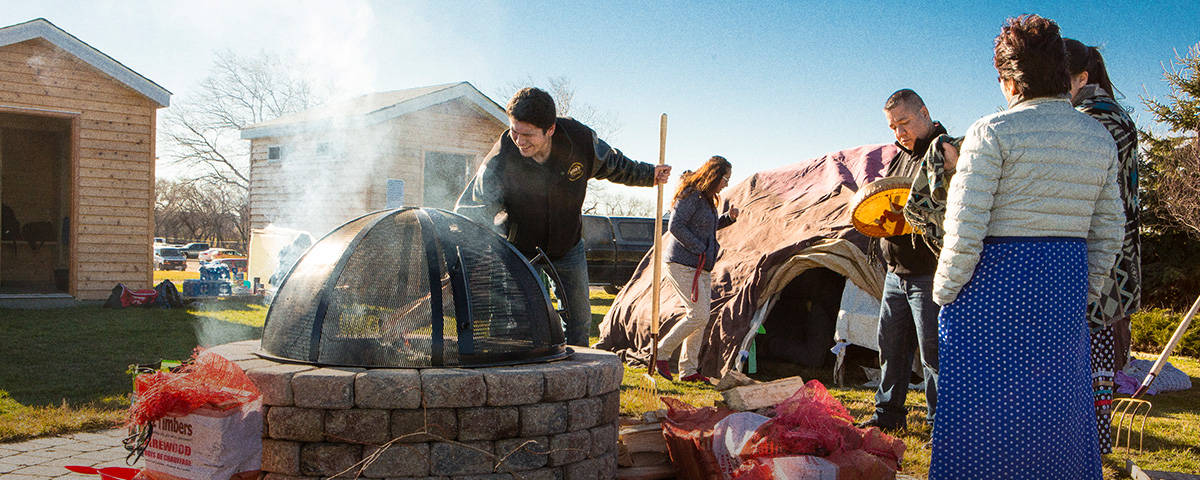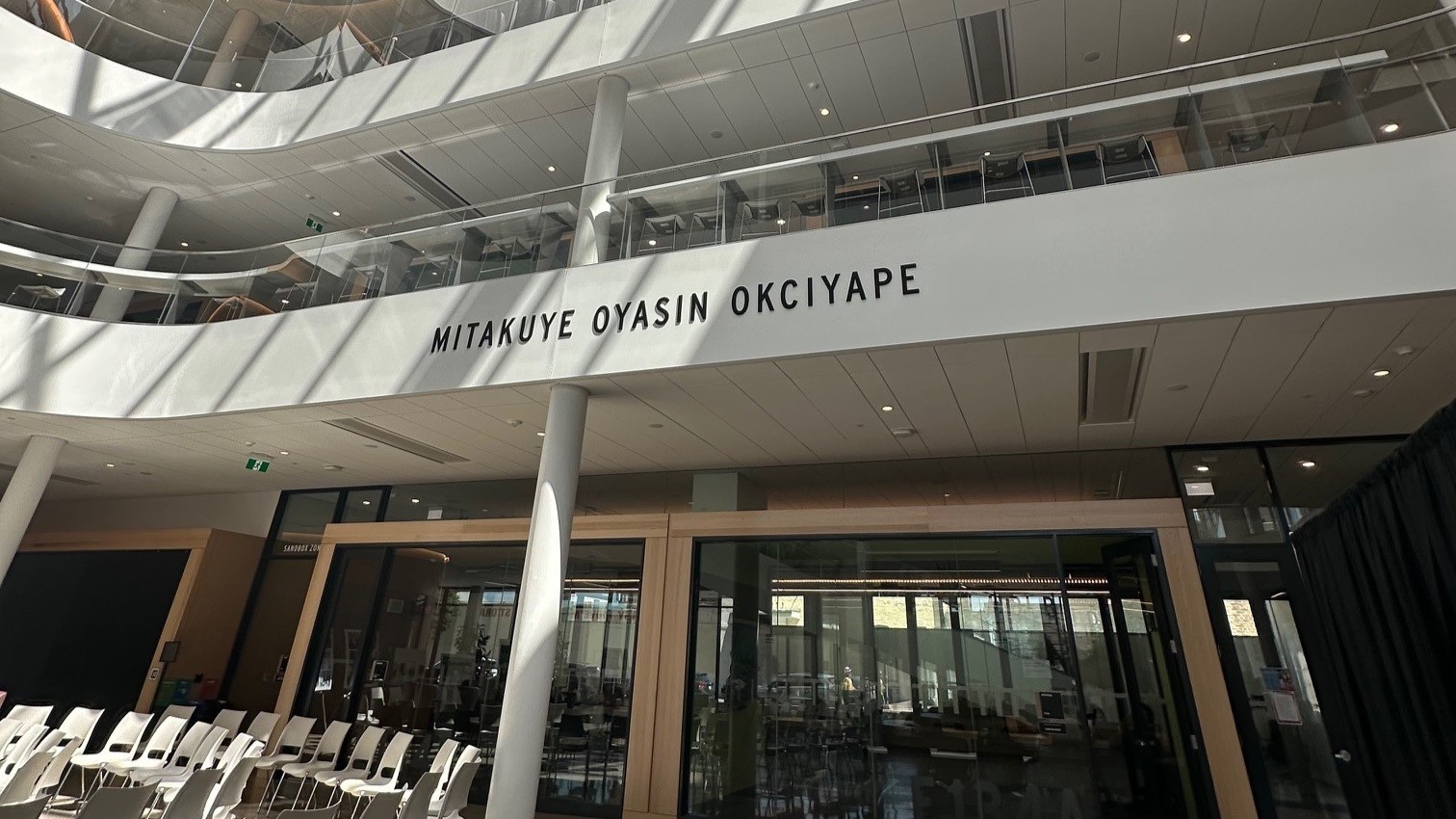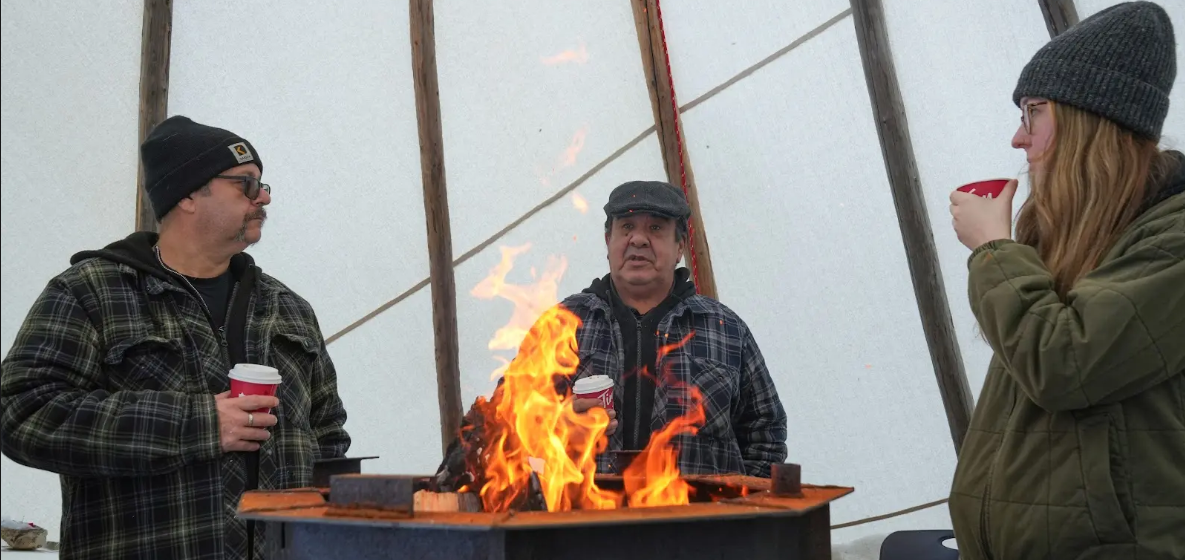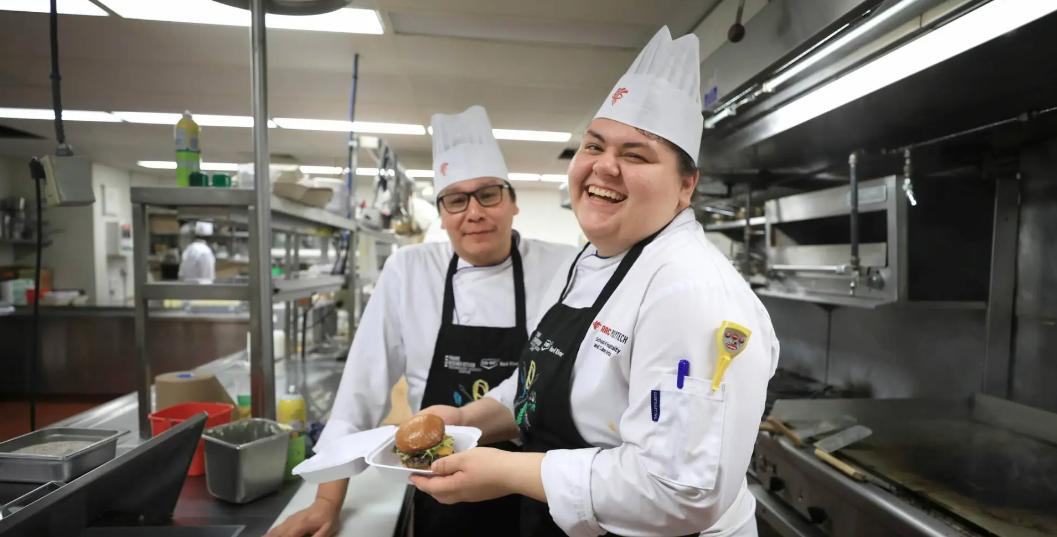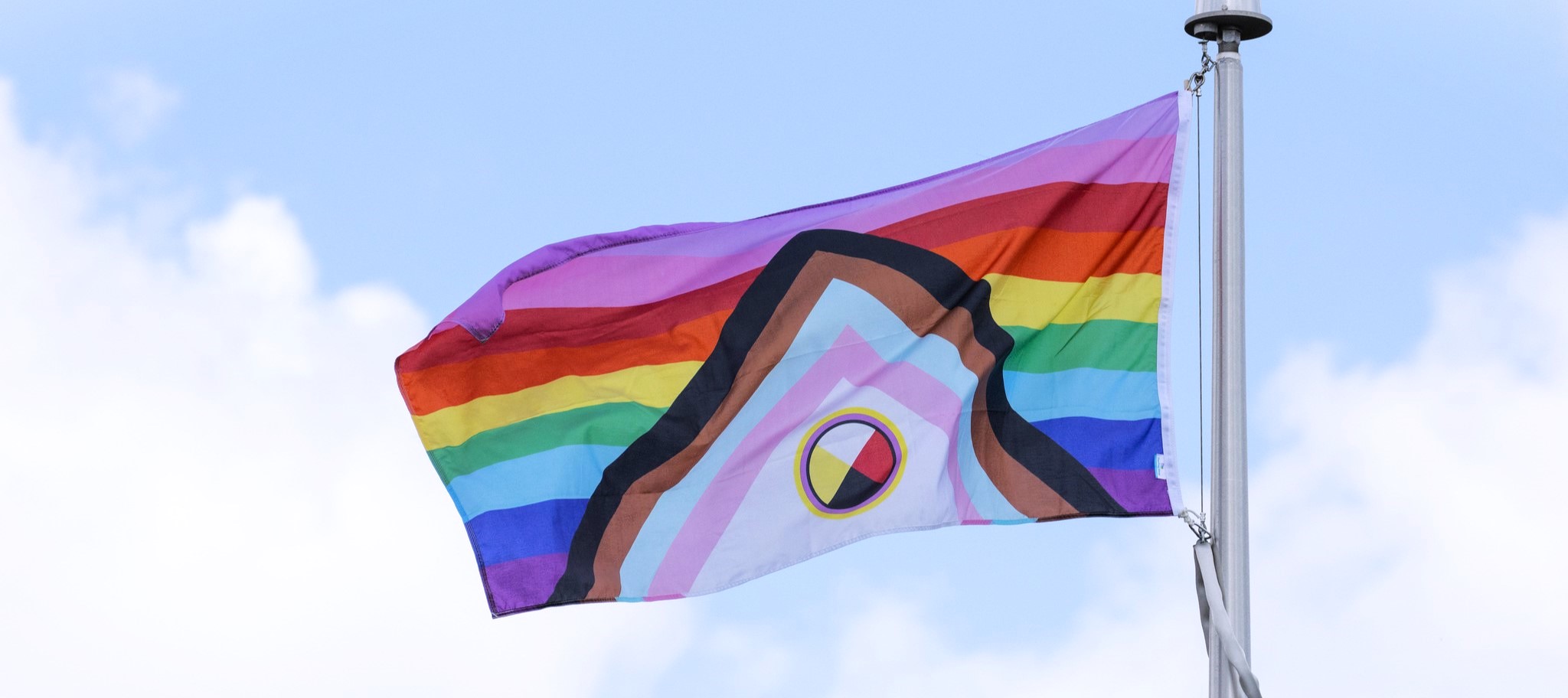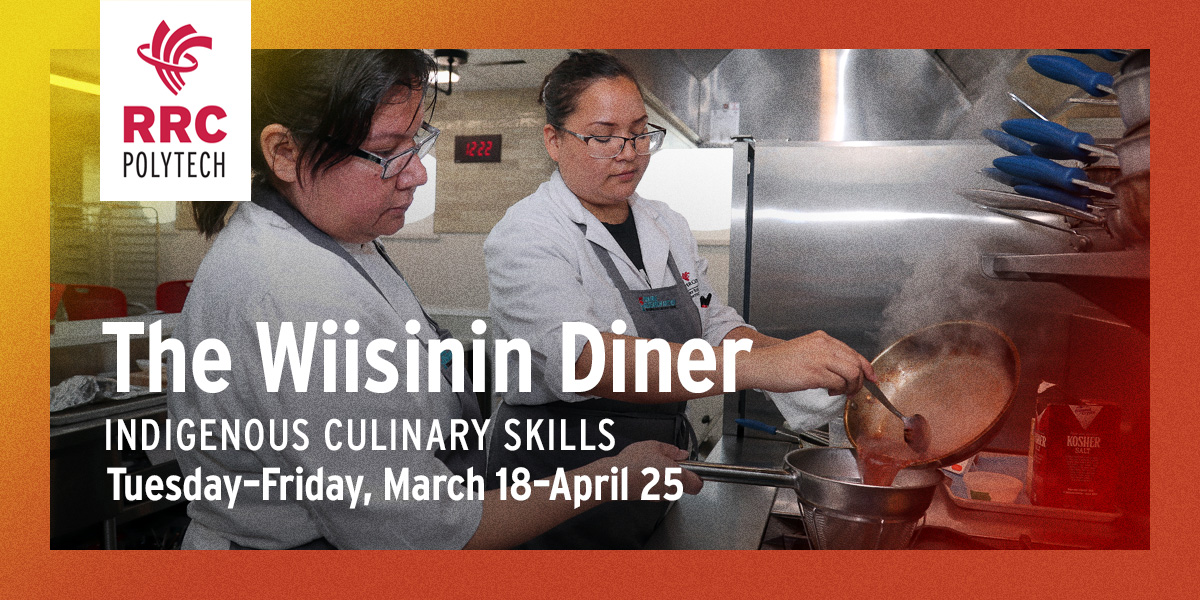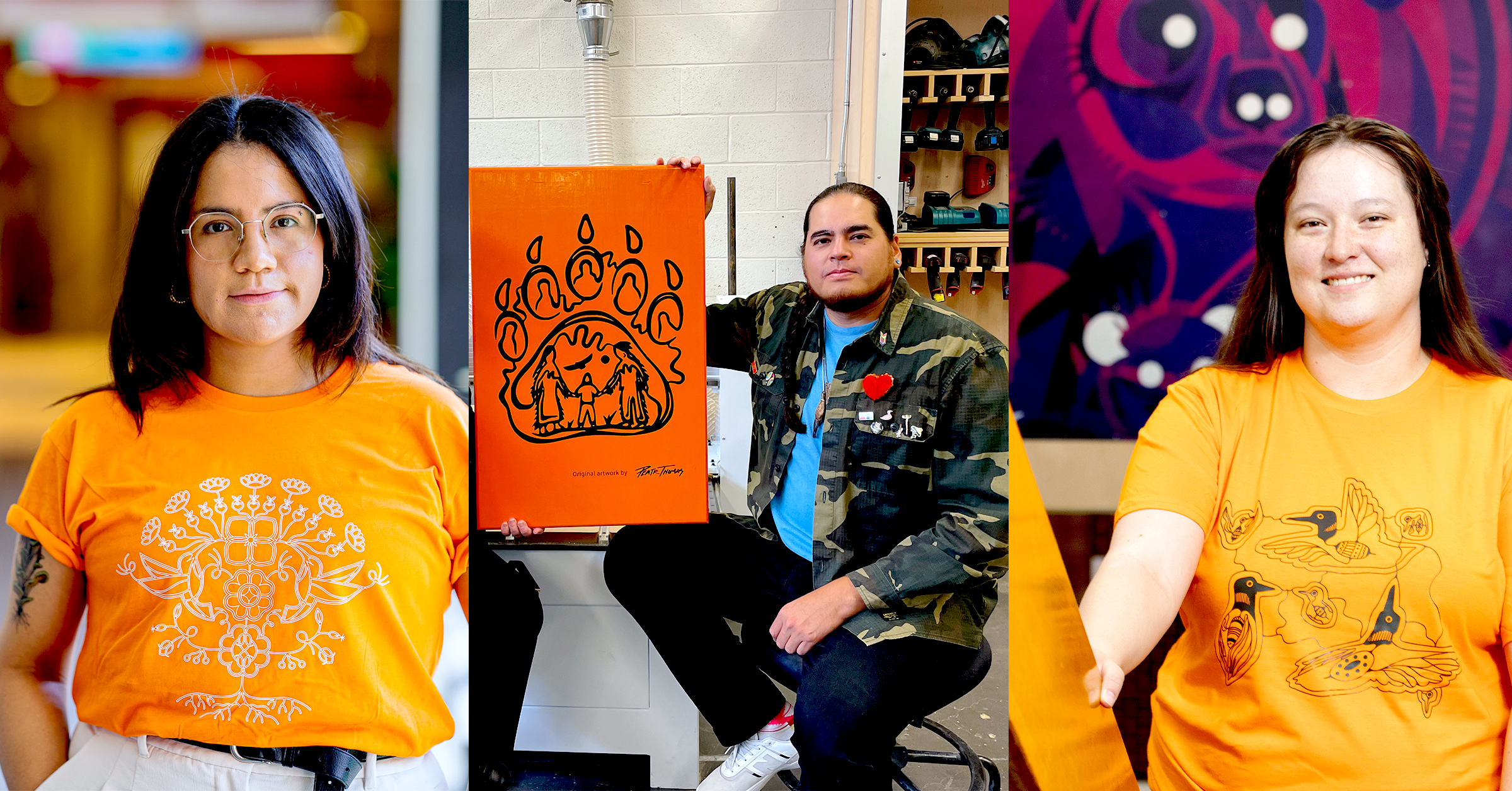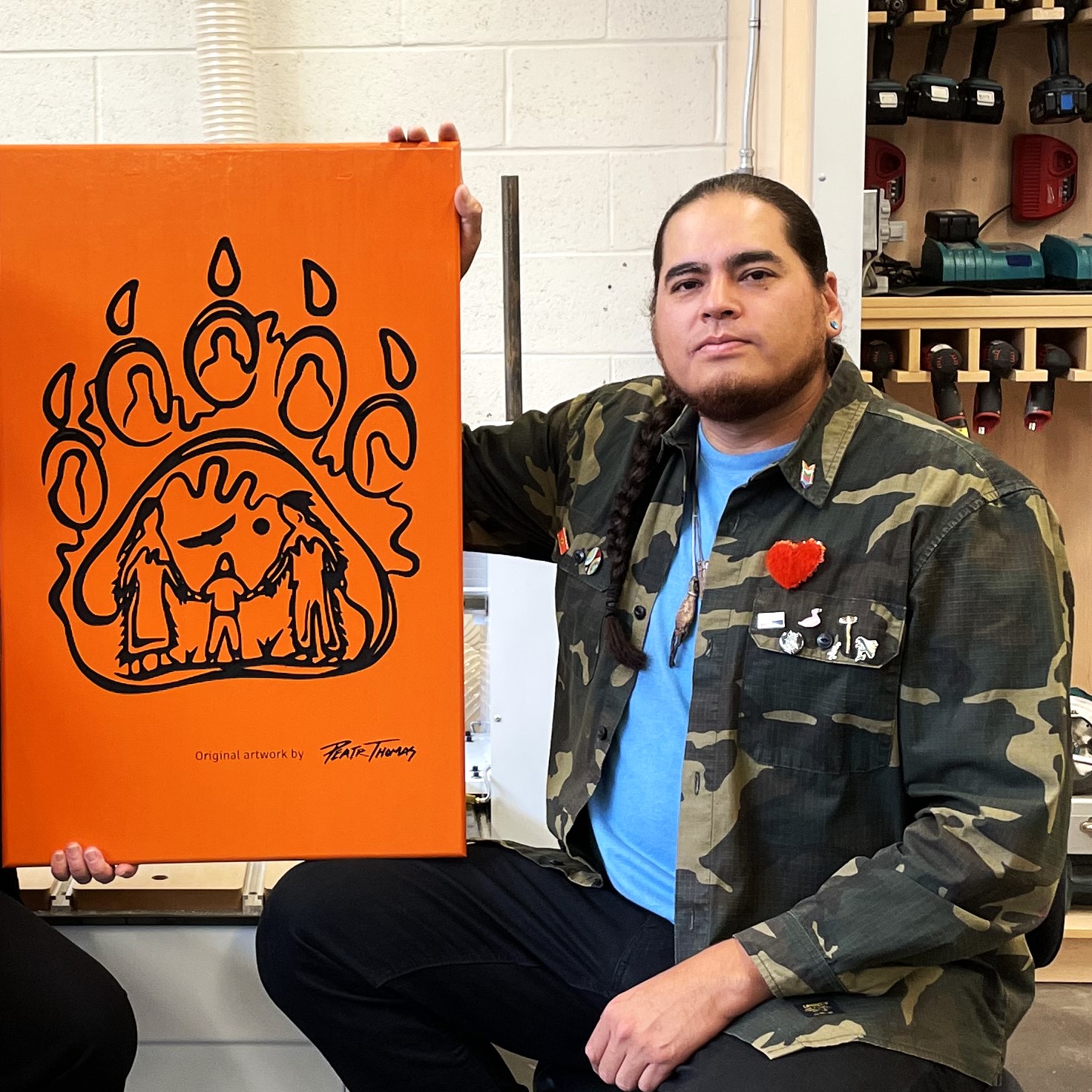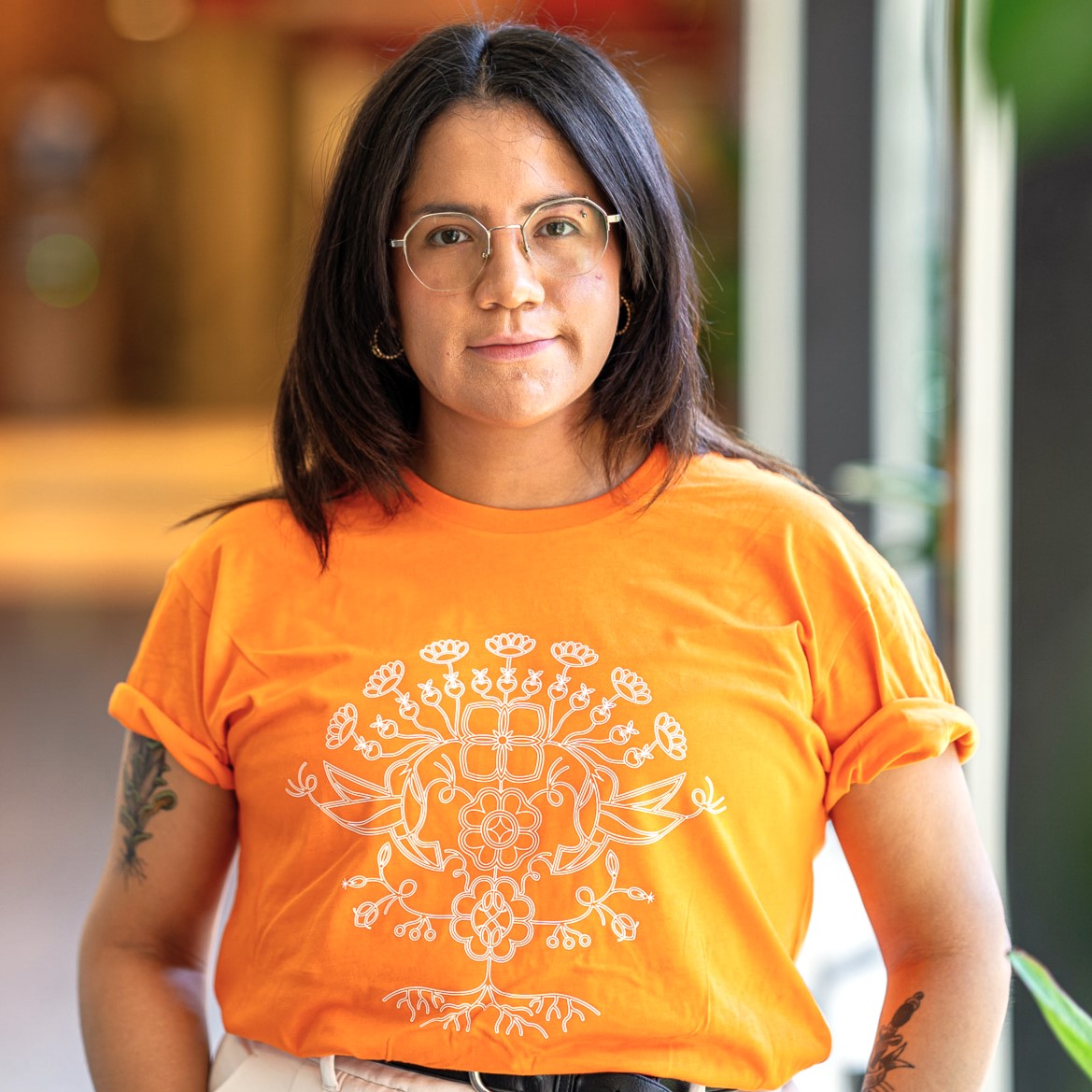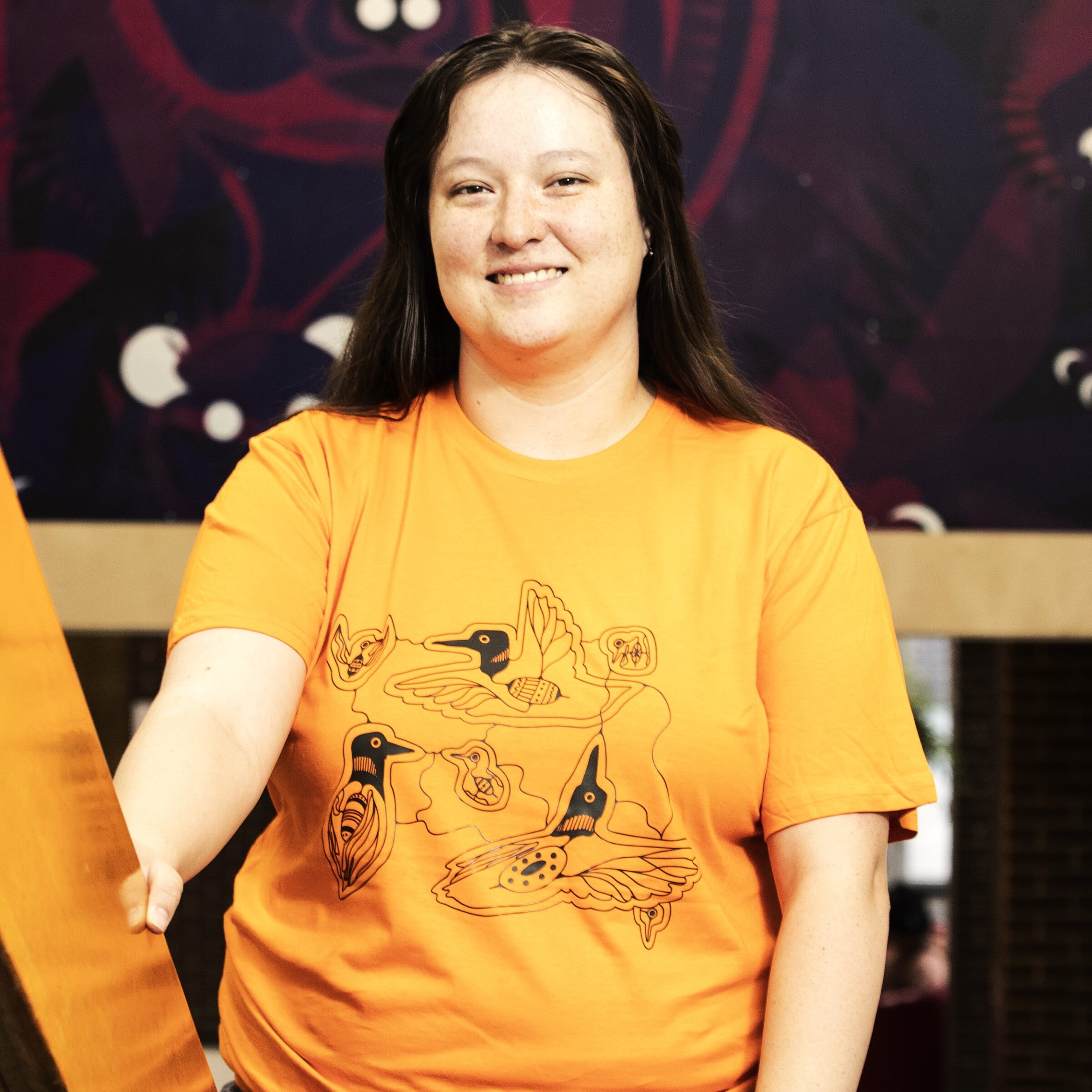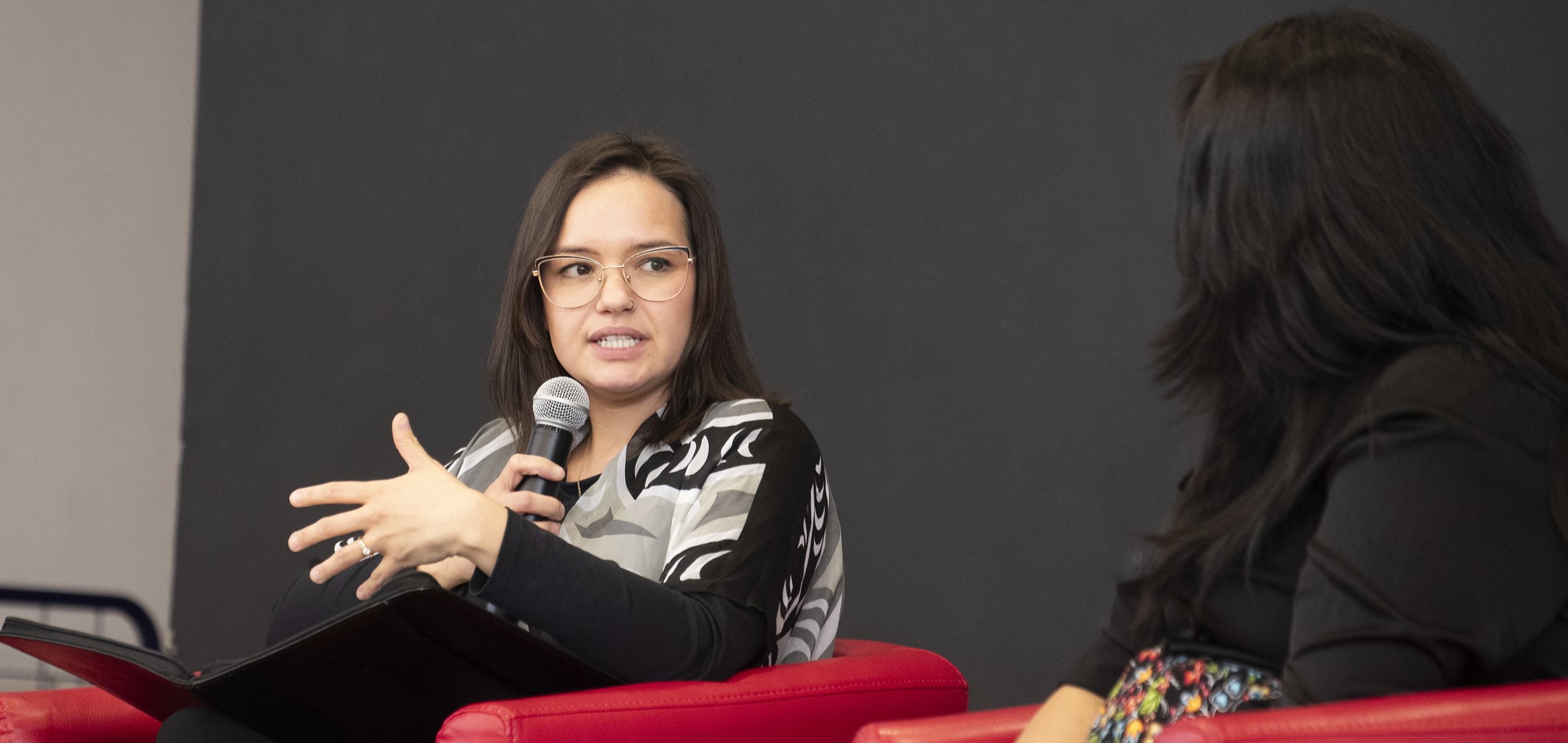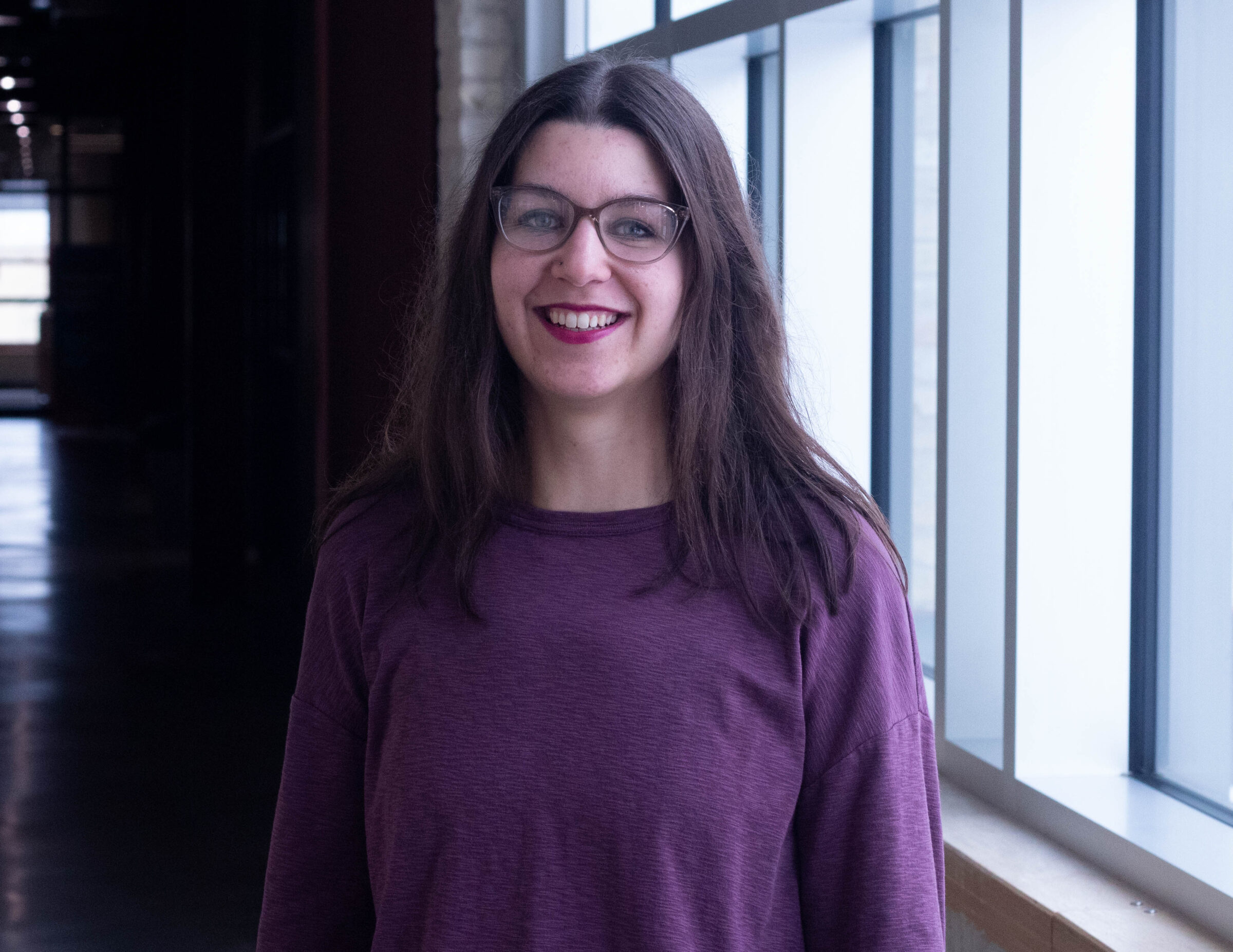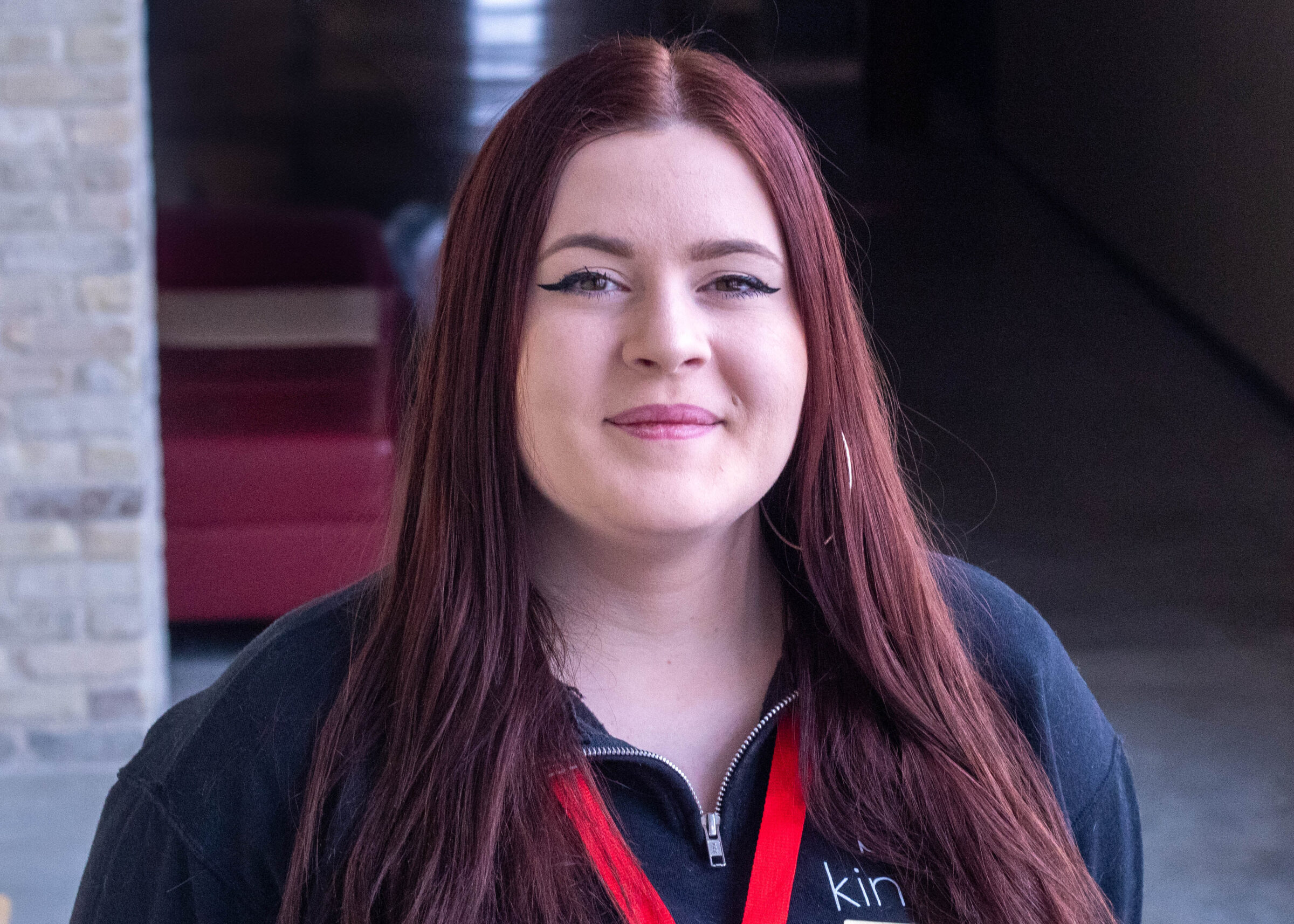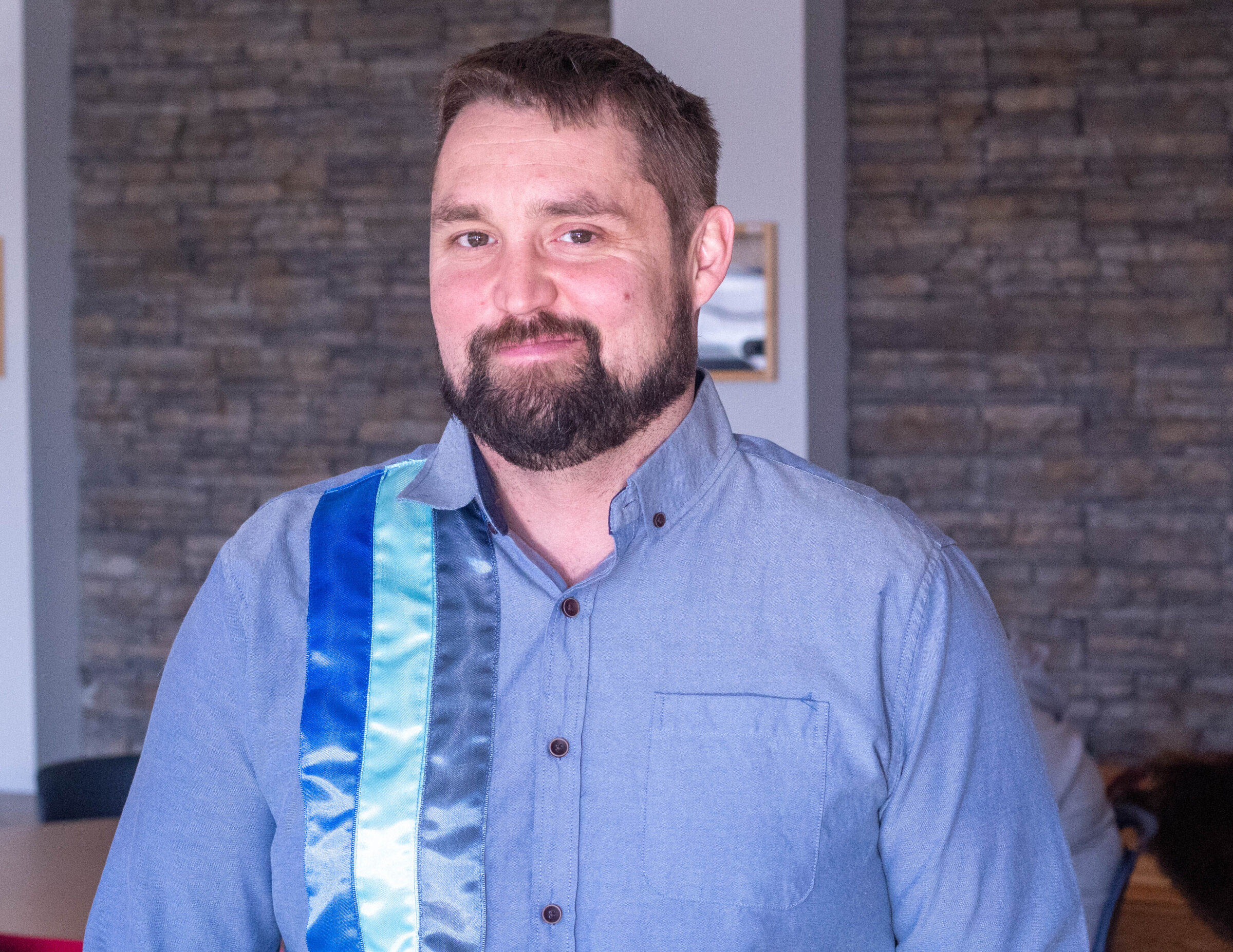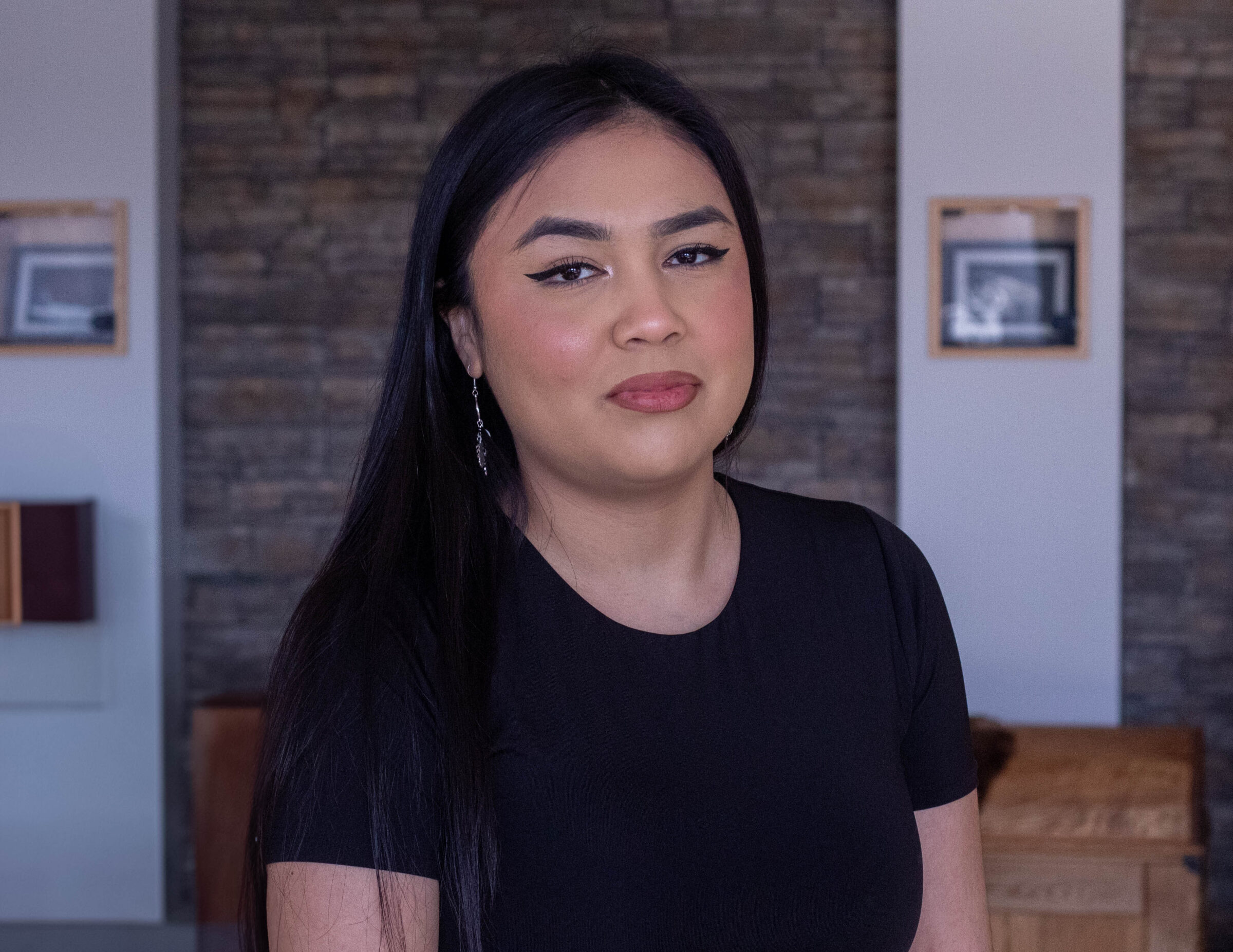Land-Based Professional Development Experience – August 6–8
Join Elder Paul and SIE staff for a three-day land-based learning opportunity grounded in Indigenous Teachings and Ceremony.
This experience is open to all RRC Polytech staff and offers a meaningful way to connect with community, culture, and land-based practices.
You can choose to attend one day or all three – whatever works best for your schedule. Space is limited, so early registration is encouraged.
- Wednesday, August 6 – Trip to Sagkeeng to gather materials for the Sweat Lodge (bring your own lunch)
- Thursday, August 7 – Sweat Lodge construction at the Medicine Wheel Garden (bring your own lunch)
- Friday, August 8 – Sweat Lodge Ceremony at the Medicine Wheel Garden (refreshments provided afterward)
Carpooling will be arranged. If you prefer to travel on your own, a Travel and Business form must be approved. Please register before Tuesday, July 29!
